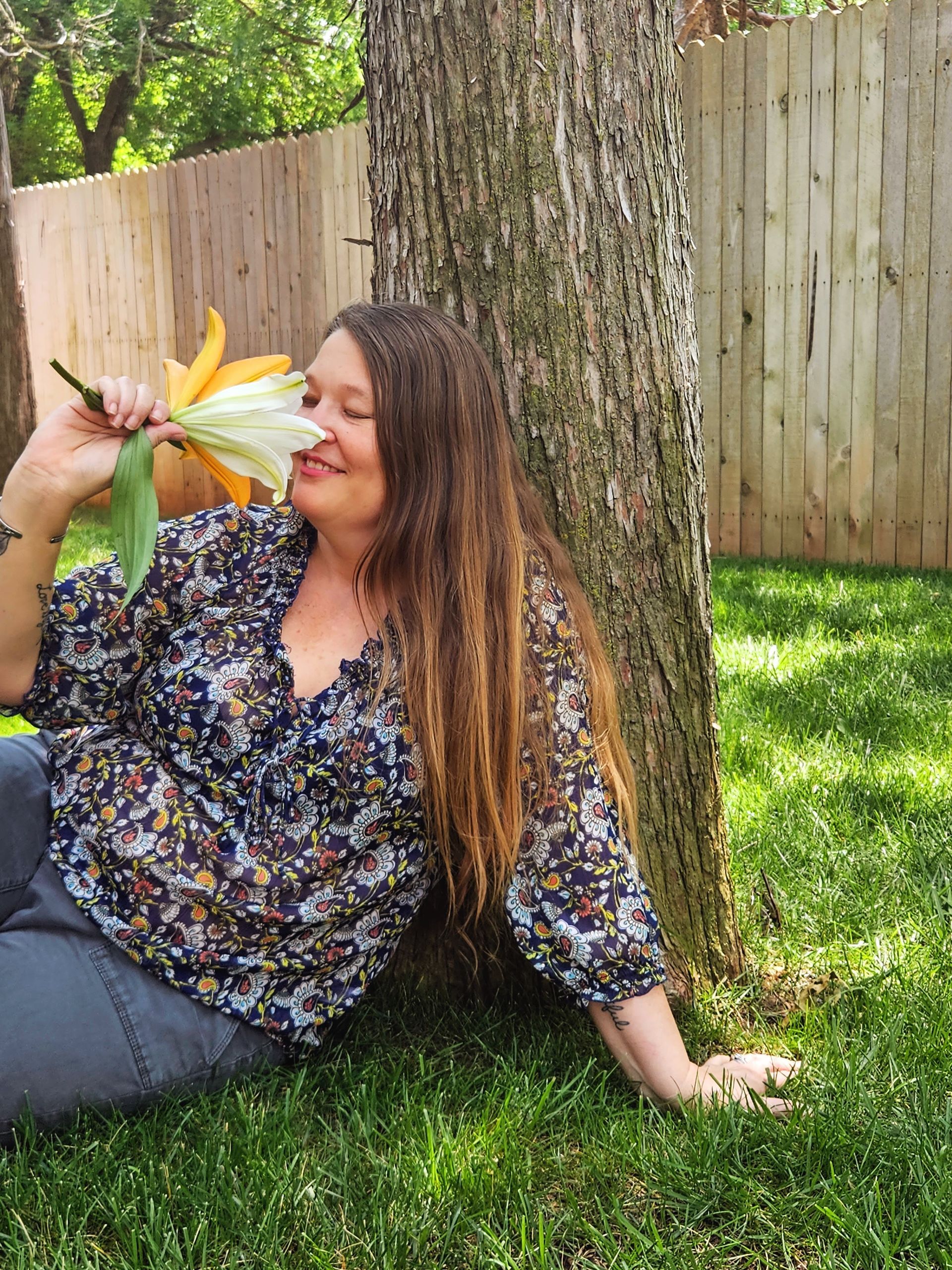You have the right to remain YOU
Know thyself, express thyself - the foundation of thriving relationships.
In my work as a relationship, sex and intimacy coach I often work with people who don’t know who they are or what they want in a relationship. They seem to always be certain that the reason they aren’t getting what they want in a relationship is because the other person is failing to give it to them. I see this trend throughout the books, professional journals, podcasts, etc in this field.
I often receive blank looks of confusion and sometimes anger when I ask these 7 questions:
What is your sexual identity?
What makes a good relationship for you?
How do you hold back from speaking your truth?
When do you lie to yourself and your partner?
What do you want in a relationship?
How do you express yourself sexually?
How do you want to be able to express yourself?
To questions like: What is your sexual identity? What do you like sexually? How do you express yourself sexually? How do you want to be able to express yourself?
I tend to get answers like, “I don’t know”, “freely”, “safely”, “I just want normal sex that feels good”. Basically I get vague or empty answers. When I ask them to tell me what safe looks like, or “freely” looks like, or what is “normal feel good sex”; people often get really nervous and upset. I’m told these are hard questions. Sometimes they never answer the questions and sometimes they can. I find that when people actually ask themselves and sit with these questions for a bit they can express themselves openly and honestly and give clear answers. The problem is they haven’t already sat with these types of questions. They haven’t ever spelled it out to a partner in a way that the partner could receive the information and adjust accordingly.
Likewise, people feel they are not getting what they want when they date someone new or attempt to reconnect in a long term relationship and this is often (in part) due to not being able to answer these questions: What makes a good relationship? What do you want in a relationship?
People say they want a relationship and someone else will say, “Oh, I do also.” They think they are good to go, but there is a disconnect. What does what they desire, mean to each of them? People often have two different definitions of the word relationship (as well as sex, connection, honesty,) and intimate connection.
For example, I desire a relationship where I see the other person a couple of times a week, perhaps for an adventurous date out one day and a date in the other. My person needs to be secure in themselves and their life. I want someone with a common interest in spirituality, yoga, healthy eating (preferably better than me on this one) , travel and exploration of the world. I also want someone willing to be a partner (help me with projects at home and allow me to help them on projects in their home) . I want to live separately for a considerable time. I need them to have their own life, so I feel free to live mine. I need to maintain a great deal of independence and alone time. Sexual compatibility is really high on the list and a healthy frequency for sexual interaction, but not daily or used for stress management. I have come to these realizations and self actualizations that I now express to my partners clearly.
The seventh and possibly most striking question is; When do you hold back from speaking your truth? Sometimes asked, 'How do you lie to yourself and your partner?’
Unintentionally, a lot of us hold back from speaking our truth at different moments in life. We say we are “fine” with things that we are not fine with. We say we want things the other person wants, because we want to be with them, and we believe we can not have that person if we don’t agree to want the same things. We lie to ourselves and tell ourselves we don’t need (blank) when we actually do. We tell ourselves we can live a certain lifestyle to please the other person but it isn’t authentic to us. I often have clients tell me they lost themselves in a relationship. The truth is they tossed that part of themselves away, in an attempt to reduce confrontation, conflict or rejection. This is all done from a place of “love”. I wouldn’t consider this love, but a very unhealthy attachment, possibly a direct result of children not being able to have a voice, opinion or say in their own lives. When we are not raised to have opinions or to be able to make decisions or mistakes and still be loved, then we learn to give the “right answer”. That answer being what the other person wants to hear. This is loving from a place of fear and limited beliefs. You believe you can not be loved if you are your true self.
Well I am here to say, you can be loved as your true self if you are willing to speak your truth and wait for the person you find alignment with. I’m not saying you have to have perfect alignment on all things. I am saying you need to value and love yourself enough to know who you are and know you have the right to have the relationship dynamics you prefer.
You have the right to remain your own spunky, quirky self and you can find love as your true authentic self.
I encourage all of you to answer these questions and then ask your partners to answer them. Give yourself and them time to fully consider the questions. It will take time to face your true self and answer honestly and completely. I encourage you to be specific, avoid the black hole of vague abstract worded answers.
Remember Love Thyself,
Charity



